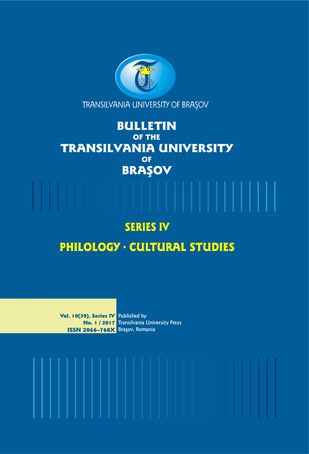The role of linguistics in the evaluation and treatment of aphasia
The role of linguistics in the evaluation and treatment of aphasia
Author(s): Réka Incze (Kutasi)Subject(s): Language studies, Language and Literature Studies
Published by: Editura Universitatii Transilvania din Brasov
Keywords: linguistics; aphasia; language disorder; language pathologist; linguist
Summary/Abstract: According to the National Institute on Deafness and other Communication Disorders (2015), “aphasia is a neurological disorder caused by damage to the portions of the brain that are responsible for language production or processing.” The evaluation of language disorders is a complex process usually conducted within a clinical framework by a speech-language pathologist with the help of several assessment tools. However, in order to obtain a better insight regarding the type of impairment the patient suffers from it is necessary to analyse the patient’s language taking into account the linguistic components of language - phonology, morphology, syntax, semantics, and pragmatics. By performing this analysis, the language pathologist or linguist easily observes if aphasia, as a language disorder, affects only one or more of these components and suggests the adequate treatment to the patient.
Journal: Bulletin of the Transilvania University of Braşov, Series IV: Philology & Cultural Studies
- Issue Year: 10/2017
- Issue No: 1
- Page Range: 47-58
- Page Count: 12
- Language: English

